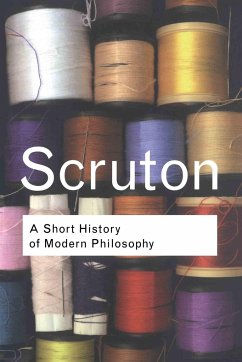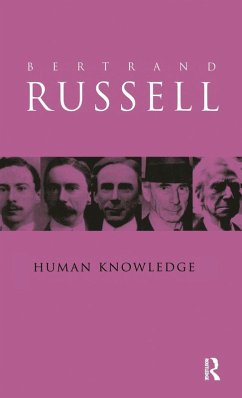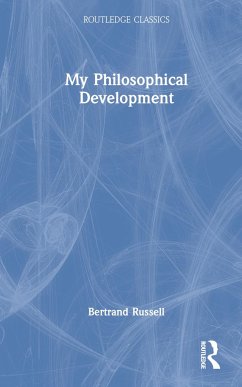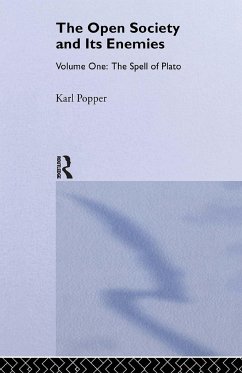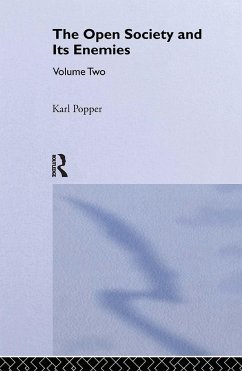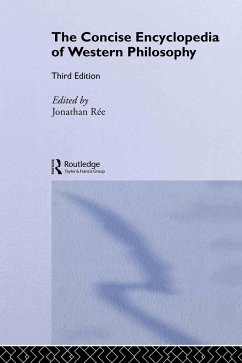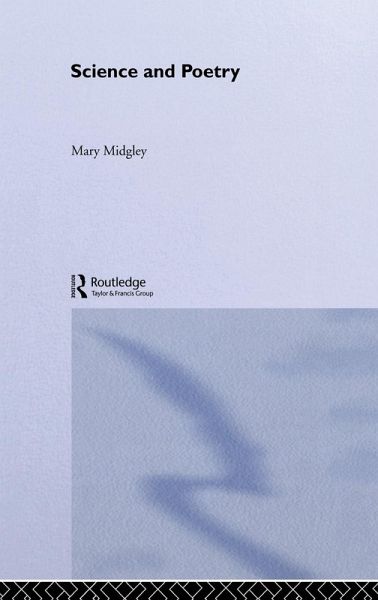
Science and Poetry
Versandkostenfrei!
Versandfertig in 1-2 Wochen
169,99 €
inkl. MwSt.
Weitere Ausgaben:

PAYBACK Punkte
85 °P sammeln!
A much needed and clear investigation of why and how science has so powerfully shaped the way we understand ourselves, our behaviour towards others and our place in the world. With her customary sharp insight and clear prose, renowned moral philosopher Mary Midgely criticises our 17th century inheritance of breaking the world up into small parts and observing them in isolation. This may work in science, but she points out how this kind of approach can be disastrous when turned towards understanding ourselves, our interaction with the environment and our relationships with other people. Drawing on examples from the Gaia hypothesis to the recent debate over memes, Mary Midgely spells out the unfortunate legacy of this situation: misguided attempts to reduce mind to body, political and moral individualism, and a needless backlash against science. With its forceful argument that the arts and poetry can help us reconcile some of these problems, Science and Poetry is essential reading for all those interested in philosophy and the relation between science and the arts.
Invoking the unity of the imagination to restore the wholeness of our lives, Science and Poetry is a tour de force of passionate but clear-headed thinking about science and ourselves.






